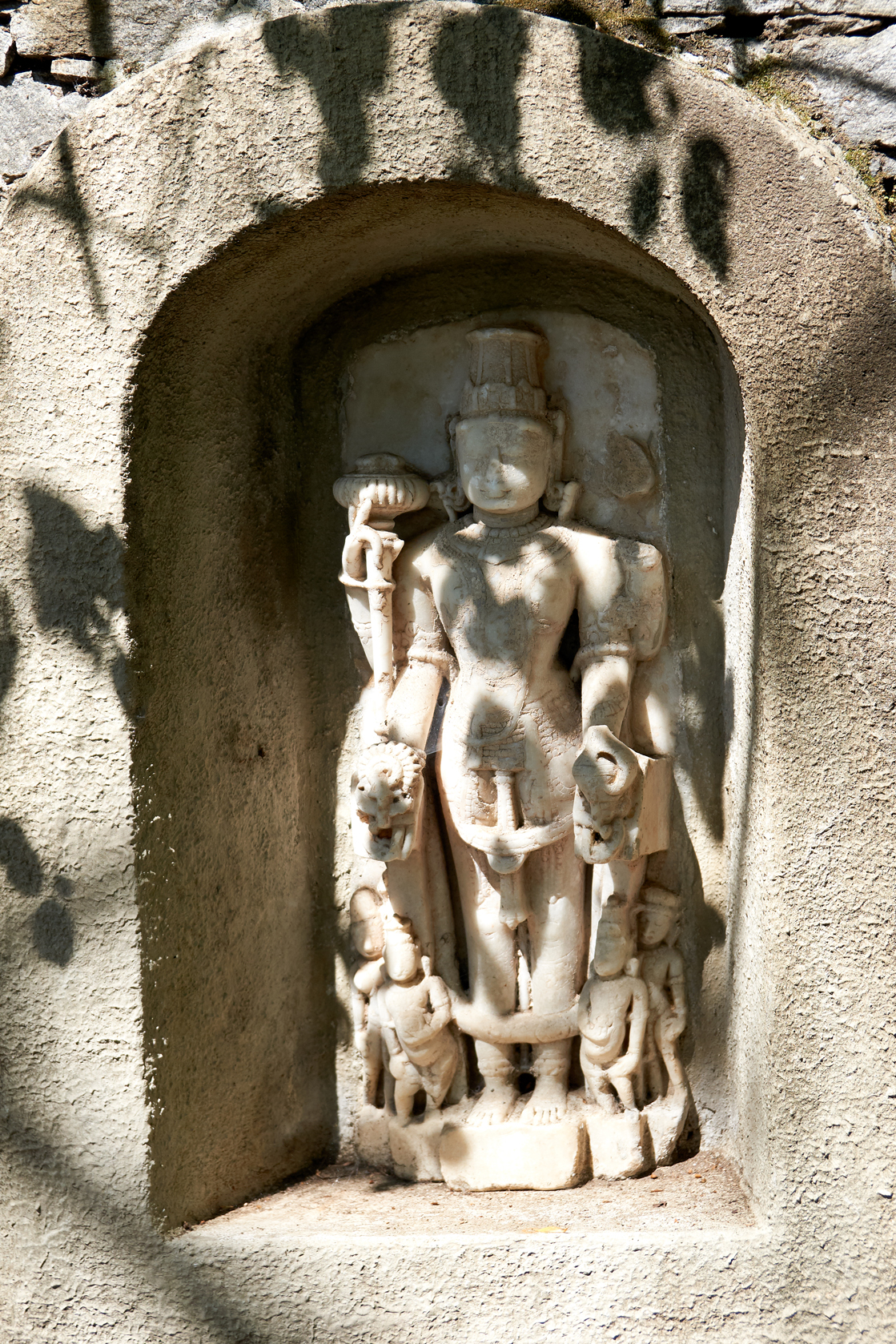
ITA ENG


On Cancel Culture. From Judging to Lynching: Repressions and Discriminations in the Name of Morality
EJL2022-06

Lecture: The Obscurantist Wave of Cancel Culture
Lecturer: Pierluigi Battista (HuffPost and Molly Bloom Writing Academy, Rome)
Cycle: Eranos-Jung Lectures: On Cancel Culture. From Judging to Lynching: Repressions and Discriminations in the Name of Morality
Date: Postponed to date to be determined
Place: Auditorium, Monte Verità, Ascona
Chairman: Fabio Merlini (Eranos Foundation, Ascona)
Discussion
Refreshment and meeting with the lecturer
Introduction
The wave of the so-called Cancel Culture represents a new obscurantist danger, a new chapter of intolerance. In the United States, some universities have censored even Shakespeare and the Greek classics. In England, they have prevented an Egon Schiele exhibition, intimidation and aggression are multiplying, up to the violent ouster of a professor from the University of Sussex because she was considered unorthodox according to the canons of political correctness. They even change the endings of operas, as happened in Florence with Carmen. If in the once tolerant West we find it hard to perceive the smell of burning, it is because now the burning of books is called censorship.
Lecturer's Biobibliography
Pierluigi Battista, graduated in Modern Literature in 1978, then editor of Laterza Publishing House, has a daily column for Huffington Post. Co-director of Corriere della Sera from 2004 to 2009, he worked as a correspondent and columnist for La Stampa and was co-director of Panorama. His latest books include Cancellare le tracce. Il caso Grass e il silenzio degli intellettuali italiani dopo il fascismo (2007), La fine del giorno (2013), Mio padre era fascista (2016), Il senso di colpa del dottor Zivago (2018), Libri al rogo. La cultura e la guerra all'intolleranza (2019), and the novel La casa di Roma (2021).
--
A culture is born and affirms itself always also from a selective operation of particular contents; from a certain operation of assimilation, rejection, remodulation of previous or coeval cultures: it takes and drops. Also, obviously in relation to the hegemonic forces of which it is eventually the expression. Today, a fierce variant of this logic of "take and leave" is represented by the so-called "cancel culture". It is a culture that, in its most intransigent expressions, seems to have a problem with the cultural past from which it comes: it sees it as a troubling set of inadequacies, of discriminations or injustices according to the yardstick of its own moral standards. A tribunal of memory determined to amend history, freeing it from its sins. In this, cancel culture is a coherent expression of that satisfied and self-referential present, for which past history is always and only a faded, lacking and reprehensible image of oneself. It is a culture that feeds on culprits towards whom to exercise its censure; a culture of sanction. There are cases in which all this is certainly justified, when, for example, the denunciation and sanction is aimed at the present of unacceptable behavior, in open violation of respectful rules that do not harm the dignity of others. Where, however, the question of the modalities through which denunciation and sanction are expressed always remains open. Especially when the system of communication, as happens today, offers tools for taking immediate word, uncontrollable in its effects. When, however, denunciation and sanction are addressed to the cultures of the past, the matter becomes even more complicated. For the risk here is the neutralization of the entire culture, an attempt to wipe the slate clean. Perhaps the inability to bend down with a reflective thought on the contradictions and the very complexity of life; the unwillingness to dialogue, to critical judgment, capable of evaluating and discriminating within the same situation.A regressive tendency not to grasp the chiaroscuro, the nuances. The index of a profound fragility. Finally, a new form of ignorance.